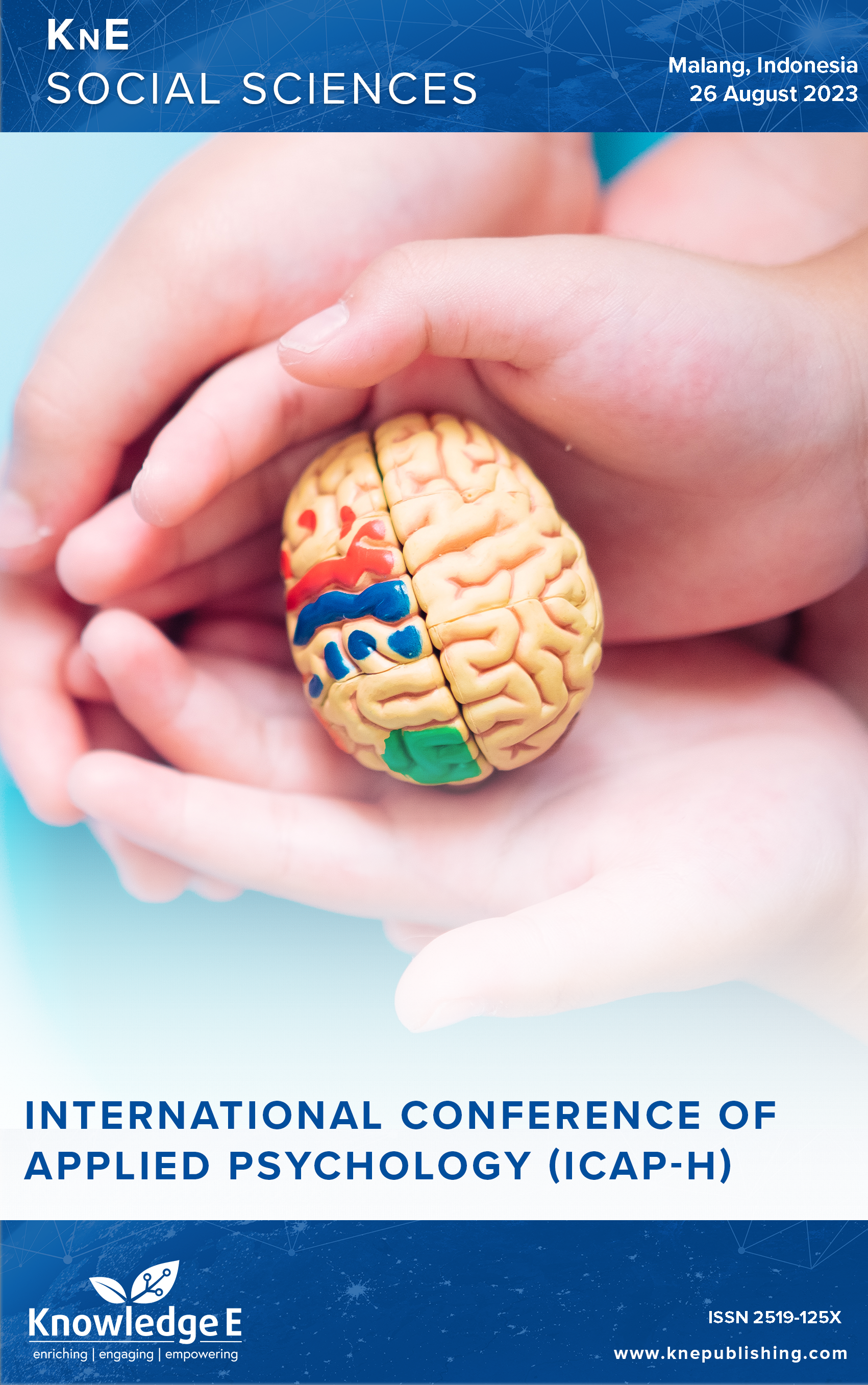School Well-being in the Implementation of Inclusive Education in Higher Education
DOI:
https://doi.org/10.18502/kss.v9i5.15182Abstract
Inclusive education echoed by the Indonesian government is still limited to elementary and secondary schools. It is now expected that individuals with disabilities must also be provided access to educational services at the tertiary level. This study uses a qualitative method in describing inclusive education that has been applied to four universities in Indonesia, namely: Universitas Brawijaya Malang as the main place of research, and the other three universities (UIN Sunan Kali Jogjakarta, Unika Atmajaya Jakarta, and Padang State University) as a comparison. There were 9 respondents in total comprising: the Manager of the Service Unit Disability, Lecturer, Psychologist, Student and Alumni. The method used is an interview. The results showed that every university that had implemented inclusive education provides services in accordance with the needs of disability through collaboration with various parties on campus so that optimal services are provided to students with disabilities. Moreover, everyone is involved in the process, ranging from the Rector (policy-makers), Deans, Head of Study Program, Lecturers and Students so that all assume their respective roles so that every aspect of school well-being can be achieved optimally. Among the aspects of school well-being, the aspect of loving has a very large role in the creation of welfare for students with disabilities. When students are able to feel understood and accepted, they will exert their utmost effort in maximizing their potential.
Keywords: higher education, inclusive education, school well-being
References
Ajisuksmo CRP. Practices and challenges of inclusive education in Indonesian higher education. In: 25th ASEACCU Conference on “Catholic Educational Institutions and Inclusive Education: Transforming Spaces, Promoting Practices, and Changing Minds”. Bangkok, Thailand; 2017. 1–9 p.
Maris AWI, Rahmi I. Strategi lembaga pendidikan tinggi inklusif dalam meningkatkan kemampuan kerja mahasiswa difabel : Praktik baik di Indonesia. In: Seminar Nasional Inovasi Vokasi [Internet]. 2022. 106–115 p. Available from: http://prosiding-old.pnj.ac.id/index.php/sniv/article/view/4544%0Ahttps://prosidingold. pnj.ac.id/index.php/sniv/article/download/4544/2475
Lolytasari. Penerapan ramah difabel dalam pelayanan perpustakaan perguruan tinggi. In: The international conference on education in muslim society [Internet]. 2016. 90–115 p. Available from: http://repository.uinjkt.ac.id/dspace/handle/123456789/29906
Andayani A, Afandi M. Pemberdayaan dan pendampingan komunitas penyandang disabilitas dalam mengakses pendidikan tinggi. Aplikasia: Jurnal Aplikasi Ilmu-ilmu Agama. 2019;16(2):153–166. DOI: https://doi.org/10.14421/aplikasia.v16i2.1178
Morgado B, Cortés-Vega MD, López-Gavira R, Álvarez E, Moriña A. Inclusive education in higher education? Journal of Research in Special Educational Needs. 2016;16:639–642. DOI: https://doi.org/10.1111/1471-3802.12323
Martins MH, Borges ML, Gonçalves T. Attitudes towards inclusion in higher education in a Portuguese university. International Journal of Inclusive Education. 2017;22(5):527–542. DOI: https://doi.org/10.1080/13603116.2017.1377299
Ro’fah, Andayani, Muhrisun. Inklusi pada pendidikan tinggi: Best practise pembelajaran dan pelayanan adaptif bagi mahasiswa difabel netra. Pusat Studi dan Layanan DIfabel (PSLD) UIN Sunan Kalijaga. Yogyakarta; 2010.
Konu A, Rimpelä M. Well-being in schools: A conceptual model. Health Promotion International. 2002;17(1):79–87. DOI: https://doi.org/10.1093/heapro/17.1.79
Creswell J, Creswell JD. Research design: Qualitative, quantitative, and mixed methods approaches. New Horizons in Adult Education and Human Resource Development. 2019;31(3):75–77. DOI: https://doi.org/10.1002/nha3.20258
Anggreni NMS, Immanuel AS. Model school well-being sebagai tatanan sekolah sejahtera bagi siswa. PsikobuletinBuletin Ilm Psikol. 2020;1(3):146–156. DOI: https://doi.org/10.24014/pib.v1i3.9848
Allardt E. Dimensions of welfare in a comparative Scandinavian study. Acta Sociologica. 1976;19(3):227–239. DOI: https://doi.org/10.1177/000169937601900302
Hikmah TL, Yusuf M, Sianturi RS. Kriteria pengembangan kampus ramah disabilitas di Universitas Airlangga. J Tek ITS. 2020;9(2):C147–153. DOI: https://doi.org/10.12962/j23373539.v9i2.55409
Bungin B. Penelitian kualitatif: Komunikasi, ekonomi, kebijakan publik, dan ilmu sosial lainnya. Jakarta: Kencana; 2011.

